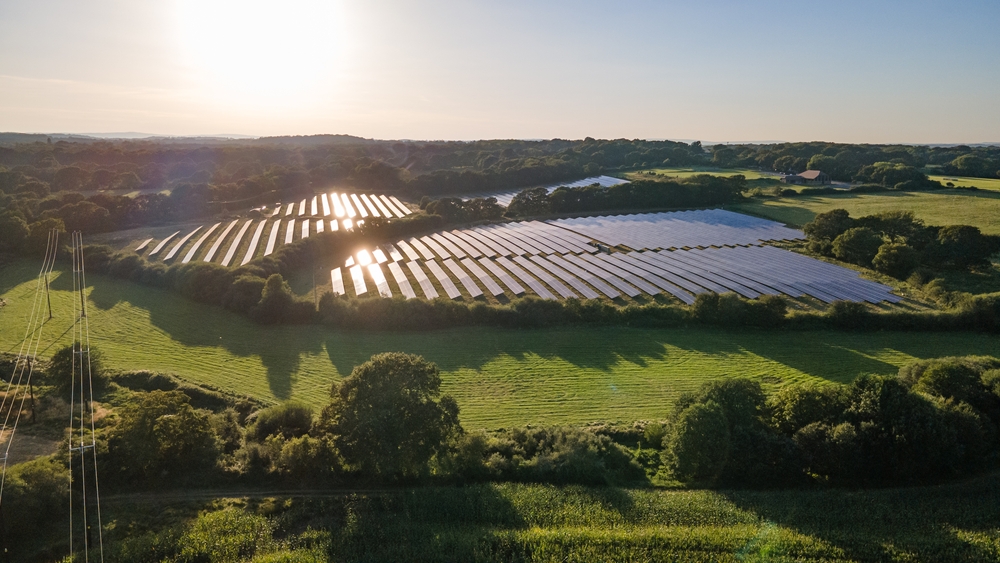The Exponential Roadmap Initiative backs a multi-year campaign launched by the We Mean Business Coalition to mobilise business voices for an agreement to phase out fossil fuels at the upcoming UN climate change conference, COP28.
This year’s extreme weather events have made ever more obvious that climate impacts are becoming more frequent and more devastating, already killing humans, destroying nature and triggering tipping points in the Earth system. Civil society is hence pushing for COP28 to deliver an agreement on phasing out fossil fuels.
Fossil fuels – coal, oil and gas – are by far the largest contributor to global climate change, accounting for over 75 per cent of global greenhouse gas emissions and nearly 90 per cent of all carbon dioxide emissions.
Mobilising the business community for a fossil-fuel phase out
But COP28 will be the first UN climate conference at which the CEO of an oil company serves as president. Across a wide spectrum, stakeholders have voiced concern that that will impede progress on curbing fossil fuels.
Business can play a key role in supporting and amplifying civil society calls for COP to deliver an agreement on phasing out fossil fuels.
That’s why our partner, the We Mean Business Coalition, has launched a a multi-year global campaign to mobilise business and policymakers for the transition from fossil fuels to clean solutions.
More than 125 companies representing nearly $1 trillion in global annual revenue have signed an open letter that has received widespread media attention.
”Business is sending a clear signal that fossil fuel demand will decline,” said María Mendiluce, CEO of the We Mean Business Coalition.
Exponential Roadmap Initiative backs the Fossil to Clean campaign and has mobilised members, including multinationals such as IKEA, Orsted and Nestlé. The 1.5°C Business Playbook calls on companies to commit to targets to phase out the use off fossil fuels in own operations and value chains.
IEA report underscore declining relevance of fossil fuels
Recent findings from the International Energy Agency (IEA) reveal a promising surge in global renewable electricity capacity by 2026.
By 2026, global renewable electricity capacity is forecast to rise more than 60% from 2020 levels to over 4 800 GW – equivalent to the current total global power capacity of fossil fuels and nuclear combined.
These projections underscore the diminishing relevance of fossil fuels, signaling a crucial shift in the global energy landscape.
But these finding are not reflected in statements of the incoming COP28 president who in a letter to countries spoke only of the need of a ”responsible phase down of unabated fossil fuels”.

